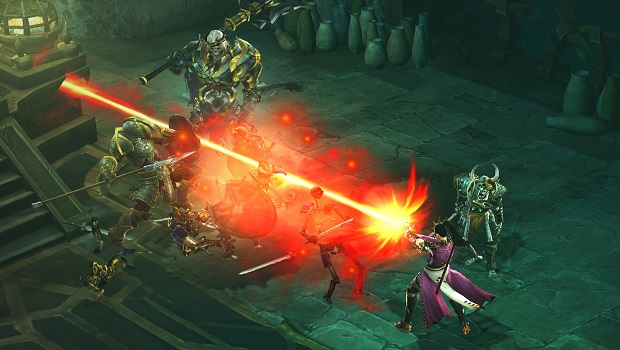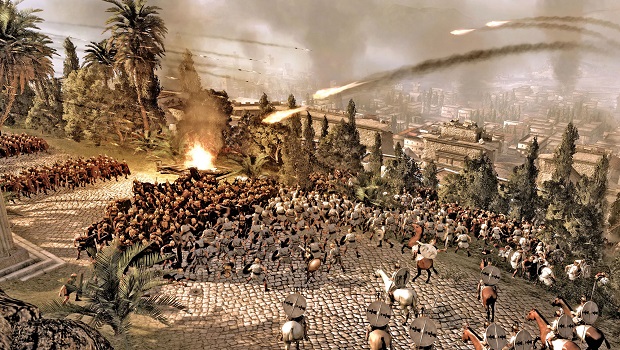Welcome to Critically Sane’s Question of the Week, where we do our best to answer an inquiry posed to us by the community. Have your own question? Tweet it to us @criticallysane or put it in the comments below!
If developers keep releasing broken and buggy games at launch, why do we keep buying them?
Human behavior is a weird thing. People complain in polls about sex scandals being covered in the media. But news outlets covering such scandals have better ratings than those who don’t. Congress has an approval rating of less than 10% (and it’s been bad for some time), yet 92% of representatives in Congress were re-elected last year. People often say one thing and do another.
And so it is with games. Disastrous launch after disastrous launch, buggy game after buggy game, and still consumers come back, begging for more. The complaints clog up my inbox and my twitter feed. Why can I never connect to Battlefield games at launch? Why does Total War: Rome 2 have so many technical issues? Why are my quests in Skyrim bugging out? And why don’t SimCity and Diablo 3 work at all?
And still, despite the questions, and despite the vitriol on forums and any social media outlet where people will listen, these games SELL. Rome 2 is still at the top of the Steam sales chart. Skyrim sold a ton of copies and won a bunch of game of the year awards. Diablo 3 sold more than six million copies in its month of launch. And the question is, why? Publishers know this now. They know that they can use the public at large to serve as their beta testers, and people will still buy their games. Consumers can’t get enough.
I think there are two factors at work here. The first is largely a matter of trust. It’s fine to complain when the game you just spent $60 on doesn’t work. But largely, people think it will all be okay in the end. And generally, that faith is rewarded. Battlefield 3 is incredible- despite the issues it had at launch. Blizzard didn’t give up on Diablo 3 until they had it right. If you bought SimCity, not only did you eventually get the game you paid for, but you received a free game for your frustration. Publishers and developers understand these situations, and they make them right. Those that don’t tend not to survive very long.
The second factor is that innate desire people have not to be left behind. So many gamers feel the needs to be there on day one, to keep pace on progression systems and stay in the conversation. This is especially true of multiplayer. And multiplayer is the complication that leads to more launch day woes than any other. Netcode is hard. And as much as complainers like to whine about it, a test environment cannot come close to emulating what developers will see once millions of users try to hop into their product concurrently. I look at the whining over the Affordable Care Act sales product and laugh- of course it doesn’t work at launch. It, and every other product out there, is doomed to a rough launch.
Yes, we see buggy and broken releases. And, yes, we will continue to see them. Sure, you could not buy them, and stop supporting the release of products in an unfinished state. A month later, however, when a game like Total War Rome 2 has seen 4 patches and now plays like an utter dream- now what do you do? Not play it ever out of principle? You can if you like. Me? I prefer to get off my pedestal and play great games.


